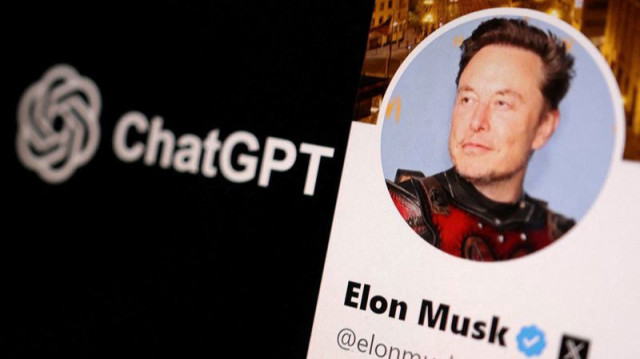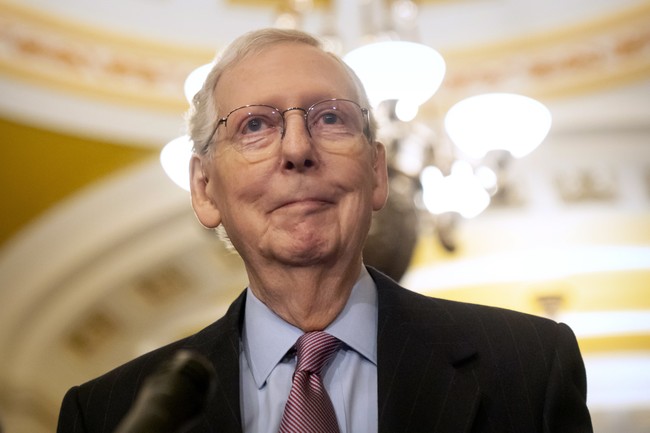Elon Musk's Bold Offer to Reshape OpenAI's Future
Elon Musk's recent offer to acquire OpenAI for $97.4 billion has sparked widespread debate. The proposal's implications for AI development and commercial versus non-profit models stir discussions.
Published February 17, 2025 - 00:02am

Image recovered from yenisafak.com
The ongoing saga between Elon Musk and OpenAI has taken a dramatic turn as the tech mogul proposed a staggering $97.4 billion bid to take control of the organization he initially helped establish. Musk's vision of reshaping OpenAI's trajectory back to its original nonprofit roots has created ripples across the technological landscape, emphasizing the friction between commercial innovation and altruistic intentions.
Elon Musk, known for his transformative ventures like SpaceX and Tesla, believes that OpenAI's current direction as a burgeoning commercial entity diverges from its founding mission. He argues that OpenAI was originally conceived as an open-source beacon of safety, dedicated solely to leveraging AI for humanity's broader benefit. Musk stated through legal representation that he would abandon his bid if OpenAI recommits to its nonprofit status, emphasizing the imperative to remove the 'for sale' placard from its assets.
Despite Musk's assertive claims, OpenAI has unanimously rejected his proposition. According to Bret Taylor, the chairman of OpenAI's board, the organization perceives any external acquisition as a disruption to its competitive standing, choosing instead to focus on internal options to strengthen its nonprofit mission. This refusal highlights the board's commitment to its current path which juxtaposes its original nonprofit model with potential commercial avenues to secure needed capital.
OpenAI CEO Sam Altman has openly voiced skepticism towards Musk's intentions, suggesting competitive motivations rather than pure philanthropic principles. The dialogue between Altman and Musk has escalated over time, feeding into a broader narrative that highlights contrasting philosophies about the future of artificial intelligence and who should guide its evolution.
Musk's legal team has portrayed the situation as a missed opportunity for OpenAI, presenting the alternative of profiting from Musk's profound investment and vision. Moreover, Musk challenges OpenAI's supposed internal revamp as merely a self-serving transaction, where a selective group might benefit financially rather than the global community OpenAI pledges to serve.
Adding another layer of complexity, Elon Musk's AI startup, xAI, is part of the consortium proposing the takeover. This component of the bid underscores the competitive undercurrent between Musk's ventures and OpenAI's fresh initiatives in the AI field. The consortium perceives its proposal as a potential amalgamation that could propel OpenAI back to its philanthropic roots, a narrative that has not resonated with OpenAI's leadership.
Legal confrontations loom as Musk has historically pursued judicial avenues to influence OpenAI's corporate structure transitions, even filing lawsuits to halt its profitable shift. The recent counter from OpenAI further entrenches this legal and strategic battle, with observers keenly following the case as a reflection of broader industry values and future directions.
As OpenAI continues to maneuver amidst its dual nonprofit and commercial identity, stakeholders within the tech industry are closely watching the developments. The core issue hinges on how AI's trajectory - a technological breakthrough promising global transformation - aligns with financial gains versus ethical stewardship. As these tensions unfold, the discourse surrounding the responsible development and application of AI remains as pertinent as ever.







